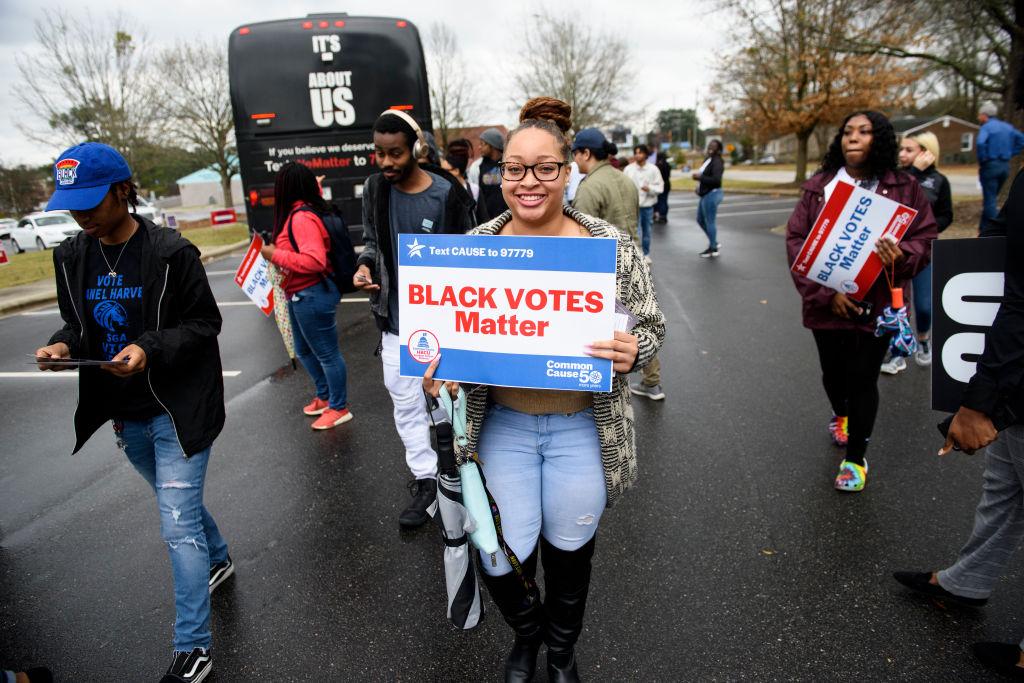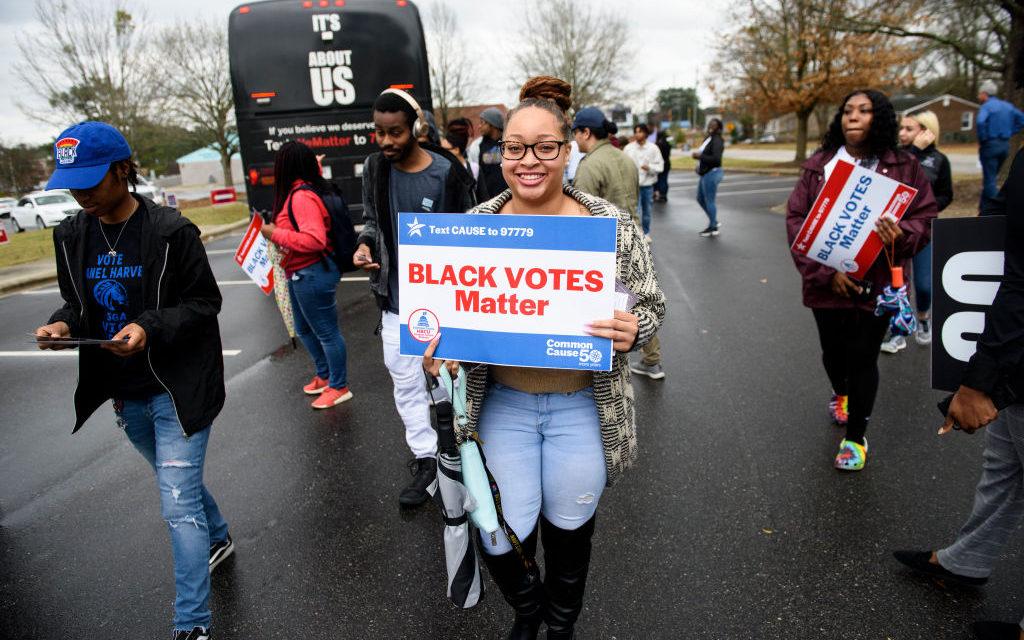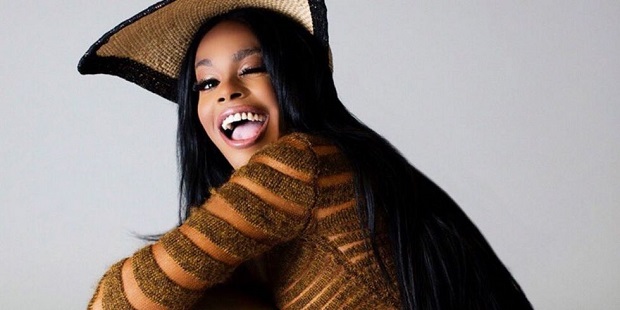
This is the beginning of Women’s History Month, and there will be a lot of media coverage especially because 2020 marks the 100th anniversary of the 19th amendment giving women the right to vote. It is also an opportunity to pay homage and give credit to Black women whose contributions to the suffrage movement have often been overlooked or minimized. And it is an opportunity to point out that Black women may still not find it as easy as white women to exercise this right.
I read two recent articles that elucidate the role African American women played in the suffrage movement. In a February 21st post, Johns Hopkins Historian and author of the upcoming book Vanguard: How Black Women Broke Barriers, Won the Vote, and Insisted on Equality for All, speaks to the role that Black women played and how the movement disenfranchised them. She compares the days before the passage of the 19th Amendment to what we continue to witness relative to the complex relationship between the struggle for women’s rights and racial equity. Professor Jones posits that the 100th Anniversary of women’s right to vote is an opportunity for us to examine and understand that suffrage was really about getting white women the right to vote. As a matter of fact, there was a concerted effort, which ultimately failed, to exchange the 15th Amendment—that barred states from using race to determine who could vote—for the 19th Amendment, which would have essentially taken voting rights from Black people.
Another recent post by the National Park Service titled Between Two Worlds – Black Women and the Fight for Voting Rights, reminds us that, while Black women were very active in the struggle for universal suffrage, they were primarily excluded from joining white women’s organizations. Black men and white women usually led civil rights organizations and set the agendas. Black women were often excluded from organizations and activities. For example, the National American Woman Suffrage Association prevented Black women from attending their conventions. Black women often had to march separately from white women in suffrage parades.
Black women suffragists recognized the need to focus on the intersection of race and gender and human rights—not just women’s rights. They hoped that Black and white women’s groups would work together to accomplish their shared goal. Black suffragists wrote and spoke about the need for Black and white women to cooperate to achieve the right to vote. However, these mainstream organizations did not address the challenges faced by Black women because of their race, which led Black women in late 1800s to form clubs and organizations where they could focus on the issues that affected them.
Black women suffragists recognized the need to focus on the intersection of race and gender and human rights—not just women’s rights. They hoped that Black and white women’s groups would work together to accomplish their shared… Click To TweetThe reason that we need to understand this history and how race and gender intersect is that voter suppression efforts that started with the 15th Amendment did not subside as a result of the 19th Amendment for Black people, including Black women. Professor Jones points out that “it’s important to remember this chapter in the struggle for voting rights because we live in a time where voting rights are being whittled away, attacked and undermined. It’s hard to dive into voting rights questions in the 21st century without appreciating where they’ve come from.”
For example, The Voting Rights Act of 1965 is considered landmark legislation to overcome legal barriers such as literacy tests, and poll taxes that prevented African Americans from exercising their right to vote guaranteed under the 15th Amendment. The Act called for federal oversight of voter registration in areas where less than 50 percent of the non-white population had registered to vote and authorized the U.S. attorney general to investigate the use of poll taxes in state and local elections.
In 2013, The Supreme Court declared the oversight provision unconstitutional. Striking down this requirement has increased voter suppression. In Georgia, Secretary of State Brian Kemp put over 50,000 voter registrations on hold, 70% of which were from Black residents. Several states with large and growing Black and Hispanic populations closed polling places: Texas closed over 400 polling places, Arizona closed over 200, and the states of Louisiana, Alabama, Mississippi, North Carolina, and South Carolina have closed over 250 polling places. These closings are a direct result of the Supreme Court choosing not to hold the Voting Rights Act intact.
In 2016, 6.1 million Americans, most of whom are people of color, were unable to vote due to a felony conviction. Efforts to overturn such laws are often defeated. For example, voters in Florida passed legislation amending the state’s constitution to restore voting rights to U.S. citizens with prior felony convictions. This change would have meant that 1.4 million Floridians, including 1 in 5 Black residents, would regain their right to vote. However, Republican legislators in Tallahassee, led by Gov. Ron DeSantis (R), circumvented this action by imposing new financial restrictions like fees unrelated to citizens’ sentences, for people with prior felony convictions to vote. These restrictions are similar to those of the Jim Crow era, and create barriers to voting.
In 2018, the U.S. Supreme Court’s ruling in Husted v. A. Philip Randolph Institute increased the possibility for voter suppression in that states were permitted to eliminate eligible Americans from their voter rolls, a practice known as purging, if they skipped some elections. The ruling supported Ohio’s decision to purge 846,000 disproportionately Black voters from its rolls for infrequent voting over a six-year period.
In June 2019, the Supreme Court ruled that that the federal government could not impede partisan gerrymandering on the state level, even though they admitted that gerrymandering could produce unfair outcomes. New software maximizes partisan advantage and since state legislatures are predominately Republican, voting districts have been redrawn to the disadvantage of Democrats. 79% of Black people are registered Democrats as are 62% of Latinos.
White women are not impacted by these systemic efforts that target Black voter suppression. So, as we celebrate the hard–fought women’s right to vote, let us not forget that all women do not find it easy to exercise this right. When we advocate for women’s rights, let’s ensure that we call out and address differences between white women and women of color.
As we celebrate the hard-fought women’s right to vote, let us not forget that all women do not find it easy to exercise this right. When we advocate for women’s rights, let’s ensure that we call out and address differences between… Click To Tweet


















